
Advances in technology are broadening treatment options for patients with major neurocognitive dysfunction.

Advances in technology are broadening treatment options for patients with major neurocognitive dysfunction.

Results concluded that noninvasive OCT was able to detect significant thinning especially in the center of the retina, around the fovea, in the inner layers of the retina prior to any evidence of dementia.

After identifying and reviewing 76 randomized trials, combination therapy with memantine and AChEIs is confirmed to have no additional benefits over monotherapy.

Lutz Frölich, MD, PhD, provides a look at BI409306, a novel selective PDE9A inhibitor, and how the negative results of its phase II trial can inform the community.

Lutz Frölich, MD, PhD, spoke about the importance of continuing with research in light of negative trials in Alzheimer disease.

Patients treated with fludrocortisone normalized their serum sodium levels in only 4 days—significantly quicker than saline alone, which took 15 days.

Hendrix spoke to the challenges he and colleagues come across, as well as his hope for the promising future.
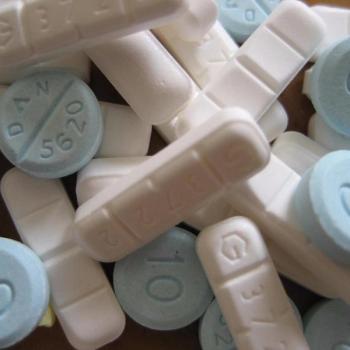
A nationwide, case-controlled study found the use of benzodiazepines and related z-drugs increased the risk of patients developing Alzheimer disease.

Selkoe spoke to a number of topics in the Alzheimer space, including the challenges in the field and his excitement for the future.

Lutz Frölich, MD, PhD, discussed the imperativeness of collaboration between stakeholders—clinicians, pharmaceutical companies, researchers—in developing therapies for Alzheimer disease.
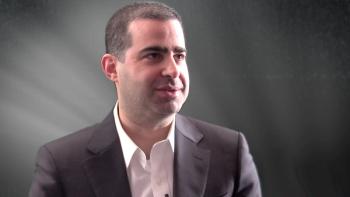
The neurosurgeon from Sunnybrook Health Sciences Centre spoke about his excitement about where the medical community is at, at this point, in the understanding of Alzheimer disease.
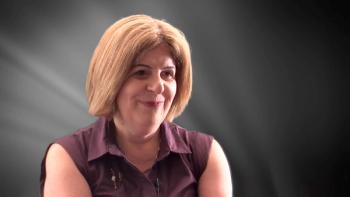
Livingston spoke to a number of topics in the dementia space, including the challenges clinicians face and her hope for the future.

The head of the Department for Geriatric Psychiatry, Central Institute of Mental Health talked about the biggest challenges facing medicine in treating and understanding Alzheimer disease.

Could GlaxoSmithKline and 23andMe use genetic data to create landscape-altering therapies for hard-to-treat conditions?

DREAMS-START demonstrates that a manual-based psychological treatment for sleep disorders in dementia is feasible and acceptable.

Can better collaboration between industry and clinicians solve the challenges that plague the Alzheimer community?

Nabilone significantly improved agitation, neuropsychiatric symptoms, cognition and nutrition in patients with moderate-to-severe Alzheimer disease.
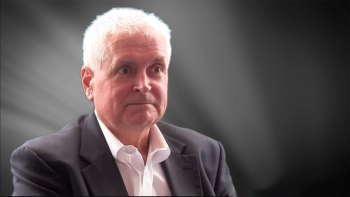
The founder and CEO of T3D Therapeutics, Inc., spoke about T3D’s desire to go against the grain and trend in the therapeutic development for mild to moderate Alzheimer disease.

The findings suggest that intensive lowering of blood pressure may reduce the risk of mild cognitive impairment and the combined risk of mild cognitive impairment and dementia, but not dementia alone.

The head of the Department for Geriatric Psychiatry, Central Institute of Mental Health discussed his thoughts about patients with mild dementia and prodromal Alzheimer disease.

Data back a 4-fold higher dose of crenezumab in the CREAD 1 and CREAD 2 trials than used in phase II.

The Director of the University of Rochester Alzheimer's Disease Care, Research and Education Program discussed the landscape of care in Alzheimer symptom management.

Hampel looks to the future of the Alzheimer space and sees promise, especially since there’s transfertilization from other advanced science fields in medicine like oncology, diabetes research and rheumatology.
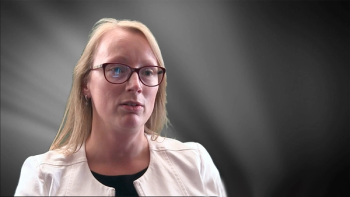
The vice president and head of Alzheimer’s Disease, Dementia, and Movement Disorders in Late Stage Clinical Development at Biogen spoke about the upcoming TANGO II trial in Alzheimer disease.

Davangere P. Devanand, MBBS, MD, discussed the possibility of neurologists prescribing low-dose lithium for patients with Alzheimer and symptoms of agitation.